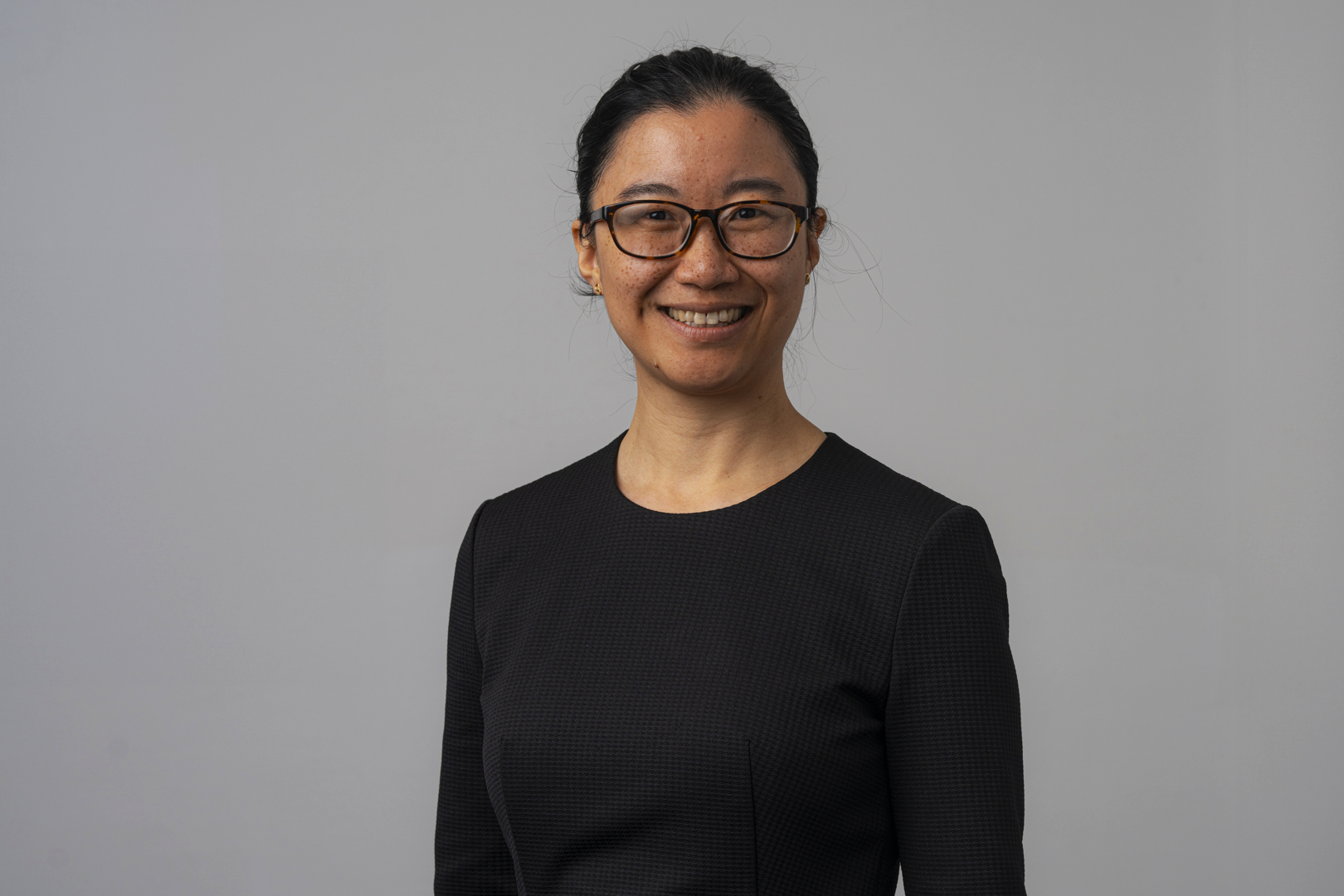Shengda Zhang
Research leader

Project title
EcoFac: Microbial Ecology-inspired Cell Factoryfor Novel Antibiotics Discovery
What is your project about?
The world lacks effective antibiotics due to the increasing number of antibiotic-resistant bacteria. Conventional approaches to the discovery of new antimicrobial natural substances have primarily focused on terrestrial microorganisms. This is partly why we have not found new antibiotic classes in the last 40 years. Without innovative solutions, bacterial infections that are treatable today will become the leading cause of death by 2050. Bacteria in the world's oceans represent a huge untapped potential for new antibiotics, but harnessing this potential is challenging as we cannot grow most bacteria from the sea. My project aims to develop a completely new type of cell factory that can directly and efficiently exploit the full potential of marine bacteria and deliver new and effective antibiotics.
How did you become interested in your particular field of research?
Since childhood, I have been fascinated by exploring the ocean, a passion that led me to study marine biology at university. There, I discovered a whole new world - microscopic life. I then focused my career on studying various marine bacteria by analyzing and editing their genomes. When I came to DTU, I was fascinated by how we can discover and exploit new marine microbial systems for the benefit of our society. In this connection, I discovered the challenges in the research field and in particular, the lack of effective bioengineering technologies designed for marine systems caught my interest. Preliminary results from my work and that of my colleagues have inspired me to design this project, which aims to address these challenges to better utilize marine resources for human well-being.
What are the scientific challenges and perspectives in your project?
It is a great challenge to establish a completely new method for discovering new drugs. However, I see this more as a unique opportunity for innovation. By combining my expertise in molecular biology and marine bacterial genetics with the expertise of collaborators in 'genome mining' and cell factory development, we will advance our understanding of the factors that have the greatest influence on the respective aspects of the method. This knowledge will guide us to develop and refine the approach, which ensures that we reach the goal of the project. This project offers necessary and ground-breaking opportunities to revolutionize antibiotic discovery and development pipelines by harnessing the untapped resources of the world's oceans. Furthermore, the project complements the increased interest in exploring the oceans in biotechnological solutions.
What is your estimate of the impact, which your project may have to society in the long term?
My project's impact on society in the long term may well be significant. Firstly, the method I will establish through this project will effectively speed up the discovery of new drugs which will be essential to combat one of society's biggest challenges. In addition, marine environments contain the greatest biodiversity on the planet and this diversity affects all life on Earth, despite the fact that we have a limited understanding of these environments. The innovative technology I will develop in this project will enable us to study and explore the global ocean for new biological processes, enzymes, materials and systems. These discoveries can be engineered and exploited through biotechnology, providing new knowledge about the ocean and new solutions to a wide range of societal challenges. Overall, this project has the potential to improve human health, drive scientific innovation and promote sustainable use of marine resources.
Which impact do you expect the Sapere Aude programme will have on your career as a researcher?
The Sapere Aude: DFF-Starting Grant will be a cornerstone of my career. This grant will advance my research in marine microbial technology and represents a unique opportunity to establish a research group dedicated to understanding marine bacteria in a biotechnological context. The recognition from this prestigious program will open new doors and accelerate my research career both nationally and internationally. It will enable collaboration with leading experts, expand my professional network and promote interdisciplinary research. Ultimately, this support will place me and my group at the forefront of my research field, contributing to scientific progress and addressing global challenges related to marine ecosystems and benefiting humanity.
Background and personal life
I was born and grew up in Zibo, a city with over 3000 years of history. In my childhood, I enjoyed and received lessons in Chinese folk dance, drawing and wushu. I continued my studies and got my PhD in Marseille, France, where I loved hiking to the Calanque de Morgiou and swimming in the Mediterranean. Now I live on Østerbro with my husband Yong, our daughter Ruihan and our twin sons Alexander and August. Most of my free time is devoted to my family. We often cycle around Copenhagen to explore its beautiful parks, botanical gardens, museums and playgrounds. I am especially fond of libraries and the children's corner, where my children and I can participate in reading and activities together. Besides family activities, I love to read mystery and speculative fiction.
View all research leaders here
Research institution
Technical University of Denmark
Research field
Molecular microbiology and biotechnology
City of your current residence
Copenhagen
High school
Shandong Zibo No.1 High School, China
